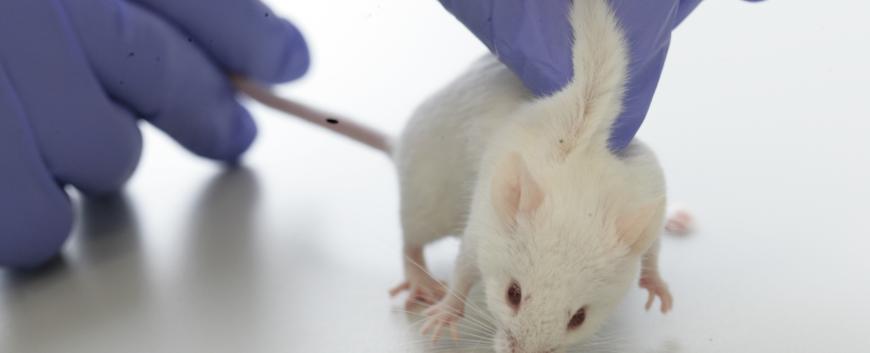
The successfully cultured cell line is suitable for the in vitro study of lymphoid-myeloid transformation and the microenvironment of B-cell tumours. The identification of factors that enable tumour survival in vitro may later be used to identify potential targets of human tumours and thus to investigate and screen therapeutic options.
As a laboratory tool, it is conceivable to design a kit containing the cells and the media necessary for their culture, and to change the composition of the kit according to the purpose of the test, based on the results obtained later.
Cultured cells can also be used to create an animal model for in vivo studies, such as tumour cell migration, cell colonisation in different organs, microenvironmental remodelling properties of follicular lymphomas, and the role of macrophages in tumour progression. B-cell-derived follicular lymphomas in different tissues can be modelled in vivo, if the tumour can be propagated in different tissues (e.g. in the case of abdominal lymph nodes this has already been achieved). The conditions are in place to continue this work: inventors can graft cells into multiple tissues, tumours will develop. Since they can model mainly in tissues that are the laboratory's speciality, it is also possible in principle in other tissues, such as nerve tissue, but would take more time and possibly a collaborating partner to put into practice. The animal model could be used to test substances and procedures for tumours in different tissues and for the therapy of tumour progression.
KAPCSOLAT
Pécsi Tudományegyetem | Kancellária | Informatikai és Innovációs Igazgatóság 2021.

